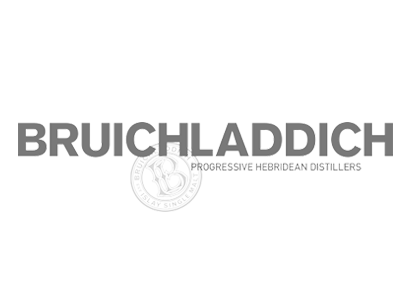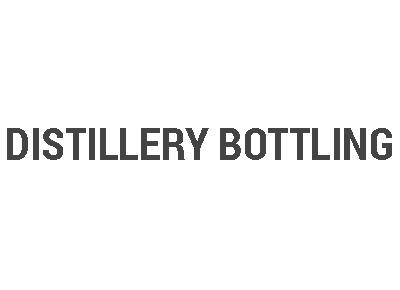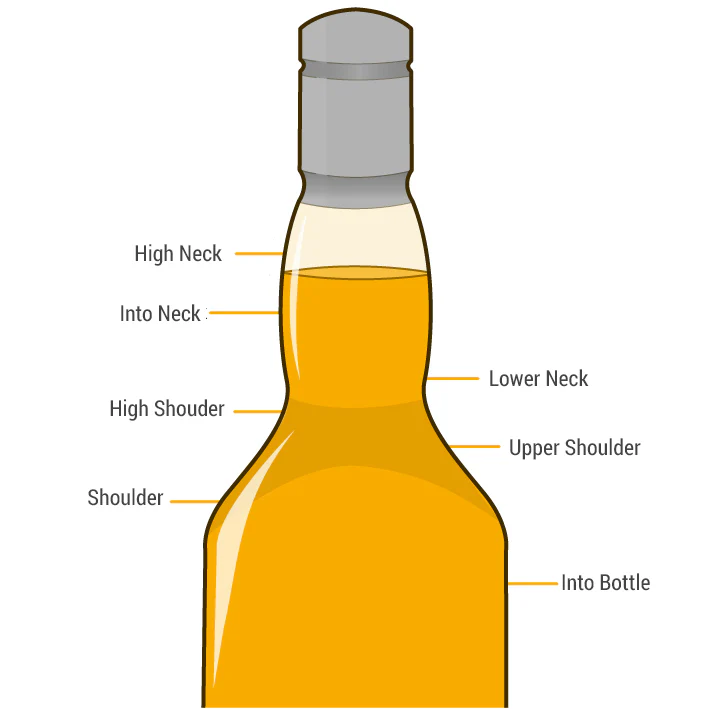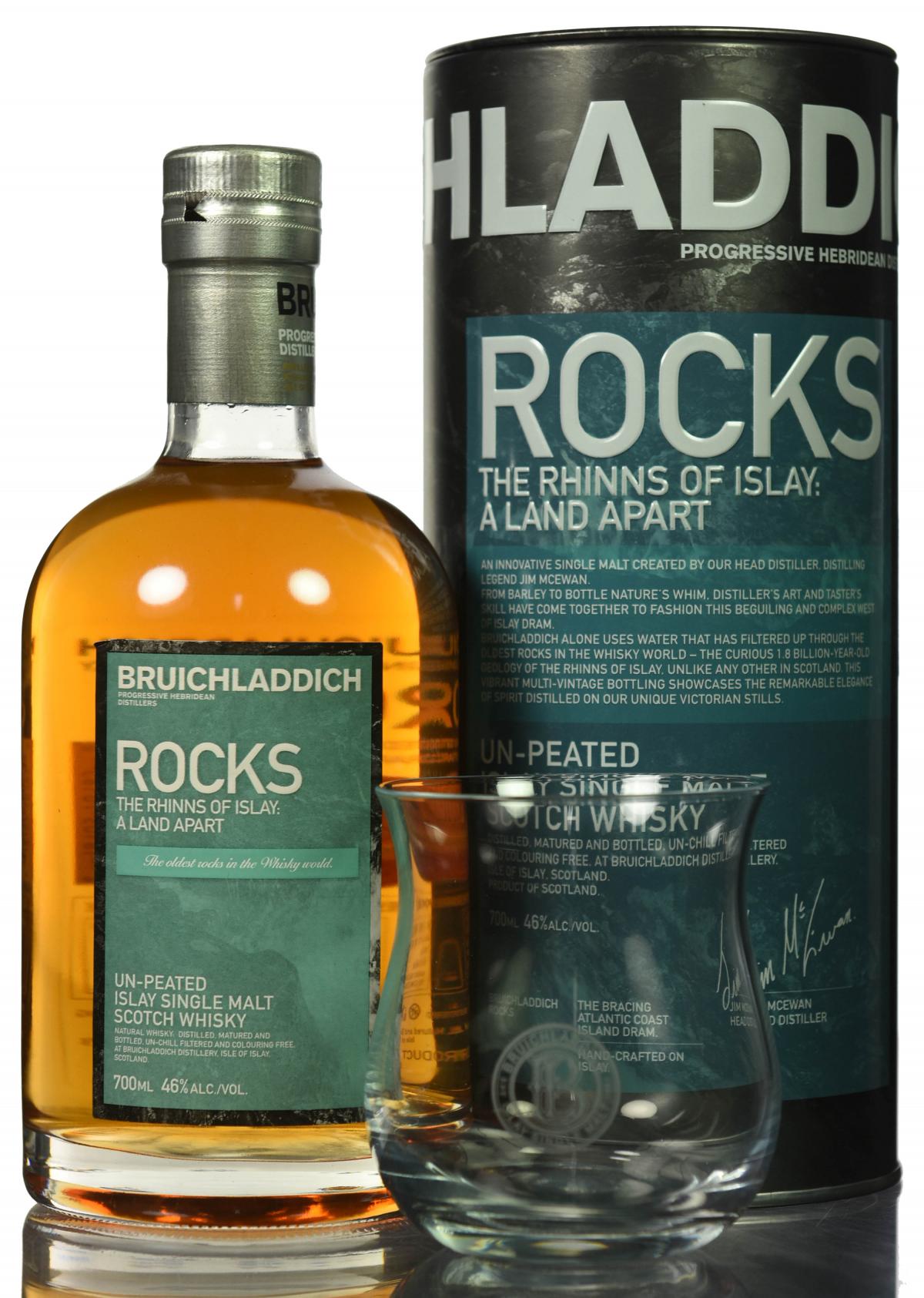End Date : Jun 01 2016 07:00 PM
We may have sold this bottle before. Click the graph below to view our sales history.
Bruichladdich Rocks 3rd Edition. 70cl. 40%.
This third edition of Bruichladdich Rocks, a multi-vintage whisky, has been aged in both bourbon casks and Grenache wine casks. It was released in 2011 as the final instalment of the Bruichladdich Rocks series, which was originally launched in 2007.

Founded in 1881, Bruichladdich was taken over in 1968 by Invergordon Distillers, who expanded the distillery to four stills in 1975, but allowed the otherwise unmodernised Bruichladdich to decline in the 1980s. In 1995, with Invergordon now under Whyte & Mackay’s shaky stewardship, Bruichladdich was mothballed. Thankfully the distillery was revitalised under a consortium led by Murray McDavid’s Mark Reynier, who bought Bruichladdich in 2000.
With the effervescent Jim McEwan on board as distillery manager, Bruichladdich’s fortunes swiftly improved. Bruichladdich's whisky had traditionally been unpeated, but McEwan soon began experimenting with higher peat levels and embraced the wine finishing trend with gusto. In 2012, the revived Bruichladdich was sold to Rémy Cointreau.
Invergordon bottled unpeated Bruichladdich at various ages and strengths from the 1970s onwards, with the earlier bottlings far outshining the later ones. The Murray McDavid regime issued a blizzard of mostly wine-finished casks and introduced the heavily peated Port Charlotte and Octomore malts, which have found an avid fanbase. Independent Bruichladdich is widely available and generally high quality.

Distillery bottlings are, as the name suggests, bottled by or for the distillery from which the whisky has originated and are thus often referred to as Official Bottlings or OBs. Distillery bottlings are generally more desirable for collectors and usually fetch higher prices at auction than independent bottlings. They are officially-endorsed versions of the whisky from a particular distillery and are therefore considered the truest expression of the distillery’s character.
This ideal of the distillery character is regarded so seriously by the distilleries and brand owners that casks of whisky that are considered to vary too far from the archetype are frequently sold on to whisky brokers and independent bottlers. When this happens, it is often with the proviso that the distillery’s name is not allowed to be used when the cask is bottled for fear of diminishing or damaging the distillery’s character and status.




